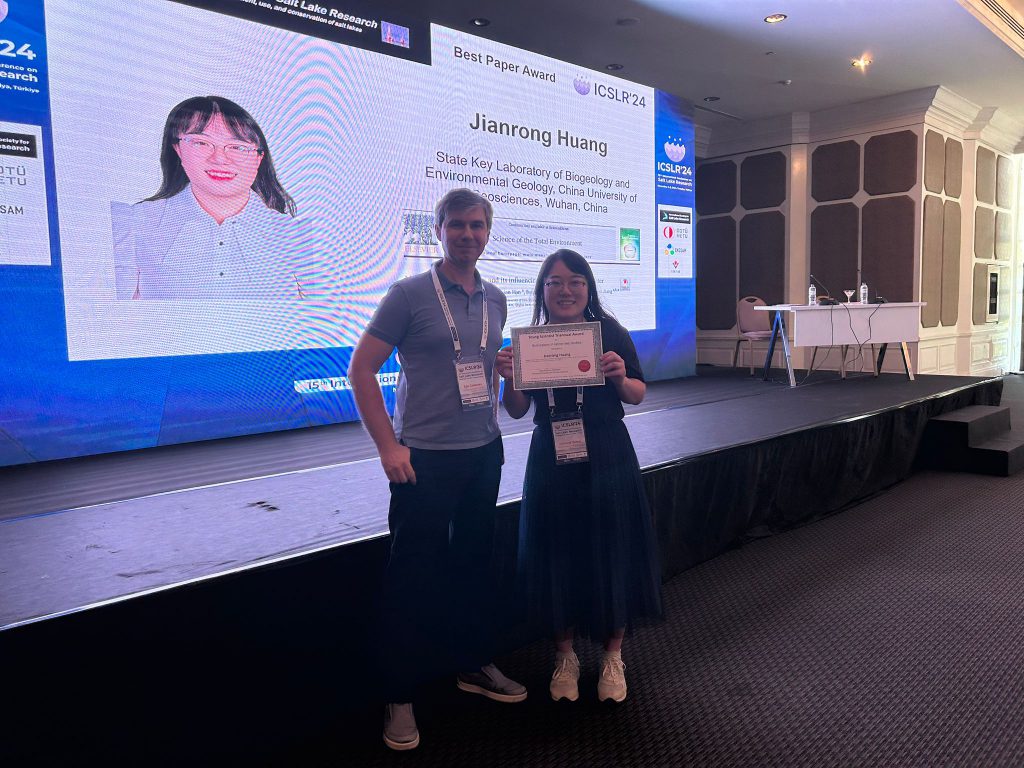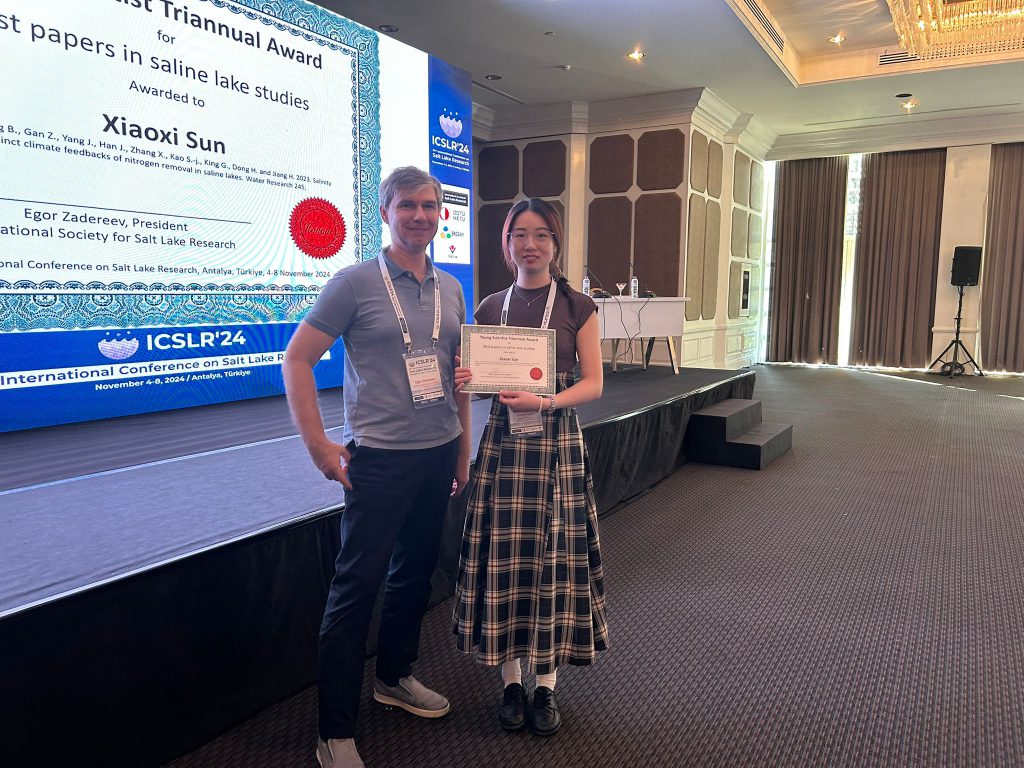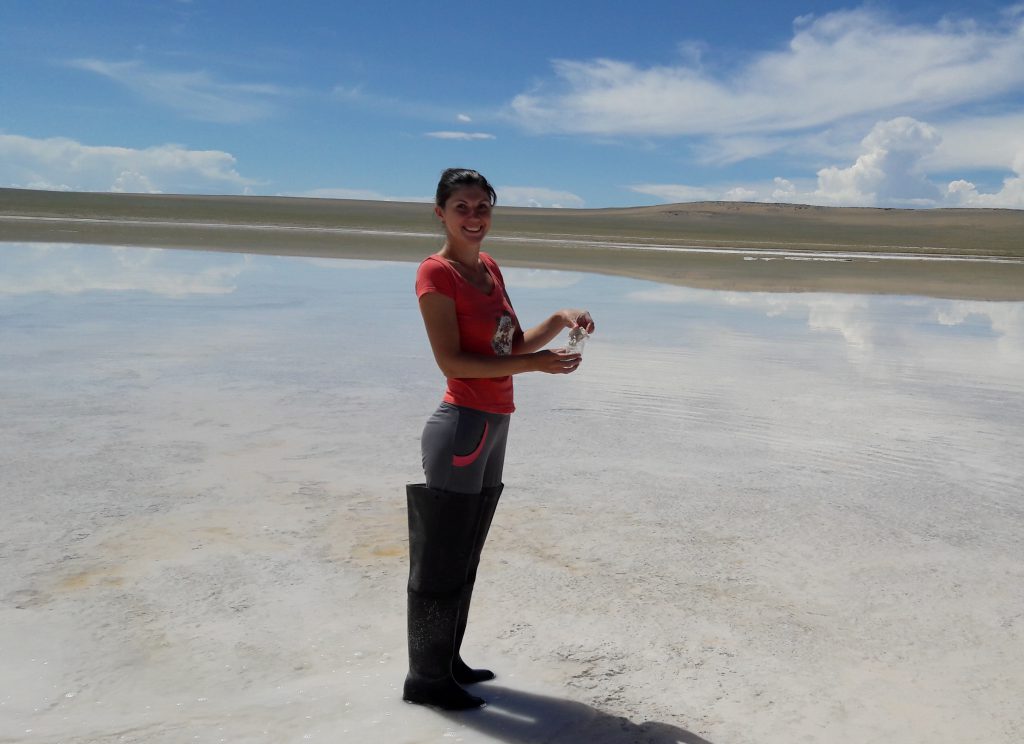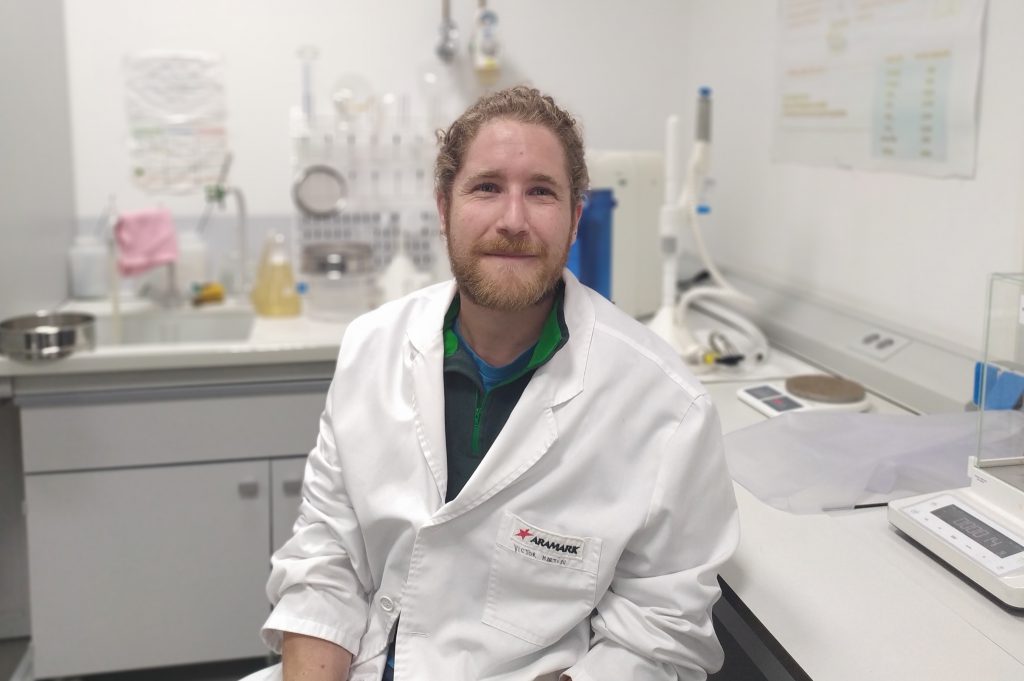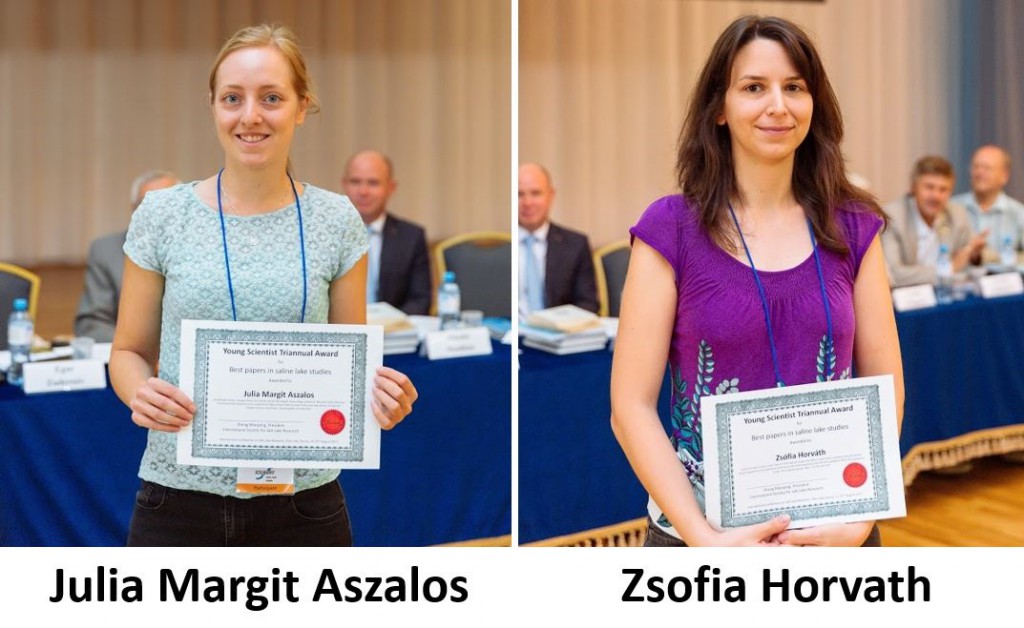The International Society for Salt Lake Research announces triennial international competition, open to all graduate students and early-career scientists. In this competition, the best papers in saline lake studies will be chosen.
An international jury of Board Members of the ISSLR will review the papers and choose winners, based on scientific/technical quality (30%), methodological approach and its novelty and quality (30%) and relevance and potential scientific impact of work carried out (40%).
The Society will award two main prizes. The main prize will consist of a certificate and an ISSLR grant (up to 750 USD to cover travel costs and/or registration fee) to attend the 2027 ISSLR regular conference.
During this conference, each winner will be required to give a Plenary Lecture (30 min) on his/her winning article and related research.
Conditions for participating in the competition:
• The candidate must be the first (or contact) author of the submitted paper.
• The paper must be in the field of saline/brackish lake studies.
• The paper must be written in English.
• The paper must have been published or fully accepted for publication in 2024-2026.
• The paper should not be co-authored by the Board Member of the ISSLR.
• To participate in competition the candidate must be a graduate student or an early career professional not older than 35 years.
Materials to submit:
• The filled application form signed by all co-authors of the paper.
• Reprint of the paper or alternatively the manuscript with all tables and figures in one single PDF file accompanied by the acceptance letter from the journal.
Competition candidates should submit all above mentioned in electronic form to the competition coordinator, Secretary of the ISSLR, Wayne Wurtsbaugh (wayne.wurtsbaugh@usu.edu).
Deadlines:
15 January 2026 — Deadline for submission of the materials to the competition coordinator, Wayne Wurtsbaugh
15 February 2027 —The competition winners will be announced.
2027 — Awards will be given to the competition winners at a special session, dedicated to this contest, at the 16th International Conference on Salt Lake Research. To be present at the conference and giving a presentation there is a condition for receiving the prize.
List of ISSLR Young Scientist Triannual Award winners
2024 Antalya, Turkey
Dr. Jianrong Huang (China)
The winning publication: Huang J, Yang J, Han M, Wang B, Sun X, Jiang H. Microbial carbon fixation and its influencing factors in saline lake water (2023). Science of the Total Environment, 877:162922.
Dr. Xiaoxi Sun (China)
The winning publication: Sun, X., Tan, E., Wang, B., Gan, Z., Yang, J., Han, J., Zhang, X., Kao, S.-j., King, G., Dong, H. and Jiang, H. (2023) Salinity change induces distinct climate feedbacks of nitrogen removal in saline lakes. Water Research 245, 120668.
2021 Murcia, Spain
Marina Kolpakova (Russia)
Winning publication: Kolpakova M.N., Gaskova O.L. 2018. Major ions behavior during evaporation of different saline type water of Western Mongolian lakes (geochemical modelling). Hydrology Research. 49, 163-176
Víctor Martín-Vélez (Spain)
Winning publication: Martín‐Vélez, V., Sánchez, M. I., Shamoun‐Baranes, J., Thaxter, C. B., Stienen, E. W., Camphuysen, C.J., & Green, A. J. 2019. Quantifying nutrient inputs by gulls to a fluctuating lake, aided by movement ecology methods. Freshwater Biology. 64, 1821-1832
2017 Ulan-Ude, Russia
Julia Margit Aszalos (Hungary)
Winning publication: Julia Margit Aszalуs, Gergely Krett, Dora Anda, Karoly Marialigeti, Balazs Nagy, Andrea K. Borsodi 2016. Diversity of extremophilic bacteria in the sediment of high‑altitude lakes located in the mountain desert of Ojos del Salado volcano, Dry‑Andes. Extremophiles, 20: 603–620
Zsofia Horvath (Austria)
Winning publication: Zsófia Horváth, Csaba F. Vad, Adrienn Tóth, Katalin Zsuga, Emil Boros, Lajos Vörös and Robert Ptacnik 2014. Opposing patterns of zooplankton diversity and functioning along a natural stress gradient: When the going gets tough, the tough get going. Oikos, 123: 461-471

